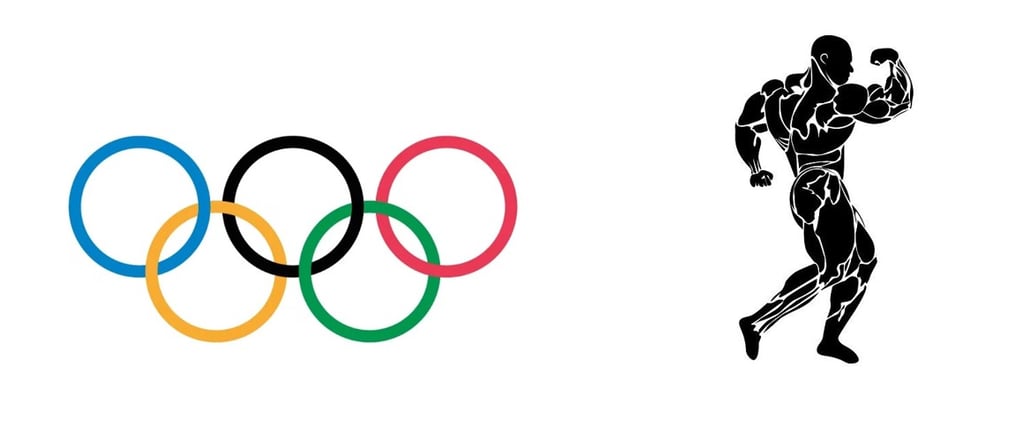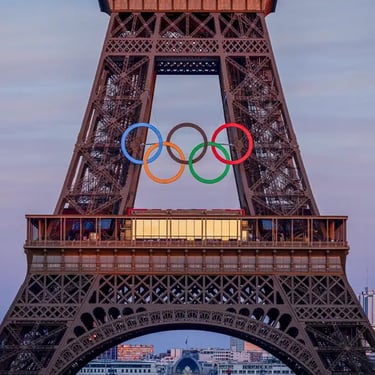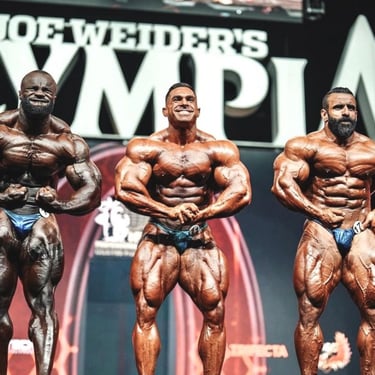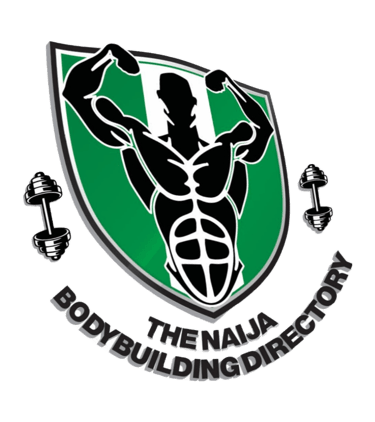

Should bodybuilding be an Olympic sport? Absolutely. Ever since Ben Weider, President of the International Federation of Bodybuilders petitioned the International Olympic Committee (IOC) in the early 1970's regarding the issue of bodybuilding, this topic has become a hot issue.
The golden years of bodybuilding in the 1970s brought the sport to a new level of popularity. The days of Arnold Schwarzenegger, Dave Draper, and Sergio Oliva shone a light on the beauty of the human body, as well as showing the amiable personalities of those who practice bodybuilding. This led to a rapid increase in the fan base as well as more competitors, a trend that is still prevalent today. There are plenty of fans who would love to see bodybuilding lifted to a whole new level of popularity as part of the Olympic Games, so what's the big problem?
Currently, the Olympic program consists of 35 different sports, 53 disciplines and more than 400 events. These sports widely range from cycling all the way to weightlifting. The fan base, competitors, and sponsors are willing; so would adding bodybuilding be that much of a difficulty?
Why is bodybuilding not already an Olympic sport?
Bodybuilding is not already an Olympic Sport largely due to the stubbornness of the IOC (International Olympic Committee) and OPC (Olympic Planning Committee). In the 1970s, the two groups argued several reasons why bodybuilding wasn't an applicable choice as an Olympic sport. Three main points were raised.
1. Bodybuilding is not a sport:
The IOC and OPC claimed that simply, bodybuilding is not a sport and therefore has no place in the Olympic Games. Who decides what a sport is in the first place? I searched and found a list of pre-requisites for a sport. According to Sociology of Sport, a sport must fulfill all of the following:
>Activity becomes less subject to individual prerogative, with spontaneity severely diminished.
>Formal rules and structural role and position relationships and responsibilities within the activity assume predominance.
>Separation from the rigors and pressures of daily life become less prevalent.
>Individual liability and responsibility for the quality and character of his behaviour during the course of the activity is heightened.
>The relevance of the outcome of the activity and the individual's role in it extends to the groups and collectivises that do not participate directly in the act.
>Goals become diverse, complex, and more related to values emanating from outside of the context of the activity.
>The activity consumes a greater proportion of the individual's time and attention due to the need for preparation and the degree of seriousness involved in the act.
Competitive bodybuilding meets all of these prerequisites. Bodybuilding passes every single one and therefore should be considered a sport. There are 35 other sports in the Olympics, why exclude this one?
2. Bodybuilders engage in drug abuse:
Arguably, the primary problem the IOC and OPC have with allowing bodybuilding as an Olympic sport concerns drug abuse. The IOC and OPC claimed that the prevalence of the use of performance enhancing drugs would prevent bodybuilding from complying with Olympic drug policies. The Olympic Games have harsh and vigilant doping rules, which would clash with the common practices of many professional bodybuilders.
However, there is a whole natural aspect of bodybuilding that does not involve doping. The Olympics could continue their drug testing and allow only natural bodybuilders to compete on an Olympic level. This is in keeping with the tradition of the Olympics being a competition among amateurs in a field, not professionals.
3. Subjective judging:
The final reason stated by the OPC and IOC was that the judging in competitive bodybuilding was far too subjective for an Olympic judge to critique.
Of the 35 sports in the Olympics, are there no sports that are subjectively judged? Performances by athletes in diving, figure skating, ice dancing, gymnastics and many other Olympic sports are subjectively evaluated, so bodybuilding would fit in perfectly!
Along with the notion of subjectivity, the IFBB has set definite requirements for competitions and competitors alike. There is elimination, pre-judging, semi-final and final rounds which each have specific requirements. The IFBB has plenty of judges who assess professional bodybuilding shows. If finding a judge would be such an issue, the IOC or OPC could easily have access to hundreds of judges who can readily judge any Olympic show.
Can its inclusion in the Olympics help the sport?
I definitely believe that making bodybuilding an Olympic sport would help the sport. The Olympics would boost bodybuilding to a whole new level of popularity.
Competitive bodybuilding has never been a mainstream sport, however its place in the Olympics would make it better known and recognized. Likewise, the more access to the sport would allow people to learn more about it, and possibly take part in it themselves. Bodybuilding would help the Olympics by widening the range of sports being shown. The Olympics were started by the Greeks; people who revered aesthetic bodies that were well toned and well nourished. By showcasing bodybuilding, the Olympics would be encouraging spectators, young and old, to eat right, work out, tone their bodies, and to take care of their health. These messages are critical in a world currently plagued by so many people who are overweight.
Perhaps the most missed notion of the whole debate is really "What does it mean to take part in the Olympics?" I'd like to end with a quote by Baron Pierre de Coubertin, founder of the modern Olympics, who said:
"The most important thing in the Olympic Games is not to win but to take part, just as the most important thing in life is not the triumph but the struggle."
*Reproduced from an article by Rigit23 published on the Bodybuilding.com website. See the original writeup as it appeared HERE.


